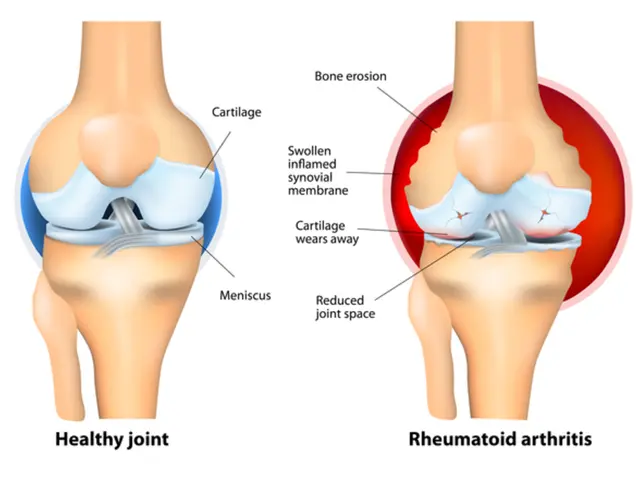Is there a relationship between pulsating ringing in the ears (tinnitus) and earwax buildup?
Pulsatile tinnitus is a less common form of tinnitus, characterized by a rhythmic thumping or whooshing sound that seems to synchronize with the heartbeat. Unlike non-pulsatile tinnitus, this condition is often an objective sound caused by vascular or muscular structures near the ear.
Tinnitus, a condition where a person hears a sound in one or both ears without an external source, can be triggered by various factors. For pulsatile tinnitus, common causes extend beyond earwax buildup.
Vascular abnormalities, such as venous sinus stenosis and intracranial pressure issues, are leading causes of pulsatile tinnitus. Venous sinus stenosis, which is the narrowing of venous sinuses that drain blood from the brain, can cause turbulent blood flow near the ear. Idiopathic intracranial hypertension (IIH), a condition marked by elevated pressure inside the skull due to cerebrospinal fluid buildup, is often linked to venous sinus stenosis and can cause pulsatile tinnitus along with headaches and vision issues.
Other vascular causes include arteriovenous malformation, dural arteriovenous fistula, internal carotid artery stenosis, brain aneurysm, internal carotid artery dissection, and congenital vascular variants. Nonvascular causes, on the other hand, include tumors in areas of the head and neck, idiopathic intracranial hypertension, systemic conditions, and palatal myoclonus.
If you hear sounds with no apparent source, such as buzzing, ringing, or whistling in your ears that appear to be in sync with your heartbeat, it's crucial to consult a doctor. A healthcare professional will perform a physical examination to determine whether you have pulsatile tinnitus and its underlying cause.
In cases where earwax buildup is the issue, manual removal can be carried out using a special tool like microsuction if other methods prove ineffective. Irrigation, which involves syringing warm water or a mixture of warm water and hydrogen peroxide into the ear, can also help remove earwax. However, it's essential to exercise caution when attempting self-treatment, as improper cleaning can potentially worsen the condition.
Treatment for pulsatile tinnitus varies depending on its underlying cause. For instance, venous sinus stenosis may be treated with stenting or angioplasty, while arterial issues might require surgery. In some cases, medications may be prescribed to manage symptoms.
General treatments for tinnitus, such as reducing caffeine intake, sound therapy, cognitive behavioral therapy, or tinnitus retraining therapy, are not specifically designed to treat pulsatile tinnitus. These treatments are more effective for subjective tinnitus, which is the more common form of tinnitus not associated with vascular or muscular structures near the ear.
In summary, pulsatile tinnitus is most commonly linked to vascular abnormalities, particularly venous sinus stenosis and intracranial pressure issues, beyond earwax blockages. If you experience pulsatile tinnitus, it's essential to consult a healthcare professional for a proper diagnosis and treatment plan.
Tinnitus, a condition that causes a person to hear sounds without an external source, can be caused by various factors including vascular abnormalities, which are leading causes of pulsatile tinnitus. For instance, venous sinus stenosis, a condition where venous sinuses that drain blood from the brain narrow, can cause pulsatile tinnitus due to turbulent blood flow near the ear. Idiopathic intracranial hypertension, another vascular cause, involves elevated pressure inside the skull and can be linked to venous sinus stenosis, potentially leading to pulsatile tinnitus, headaches, and vision issues. When experiencing pulsatile tinnitus, it's crucial to consult a doctor for a proper diagnosis and treatment, as the underlying cause will determine the appropriate course of action. Science and health-and-wellness professionals working in the field of mental health will also be valuable resources for understanding and managing the potential mental health effects that tinnitus can have on a person's wellbeing.





